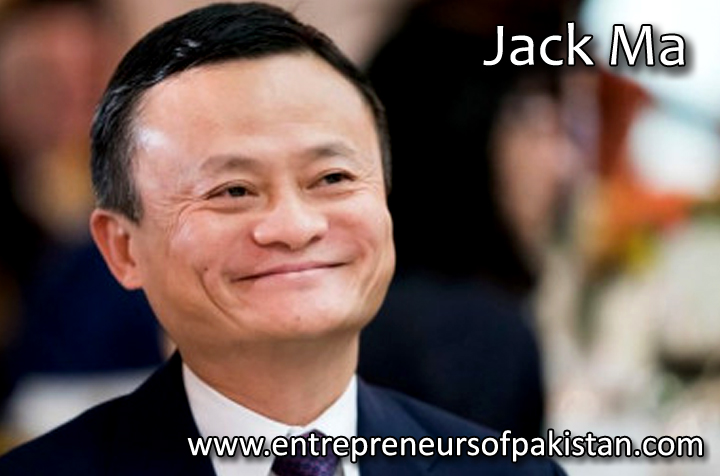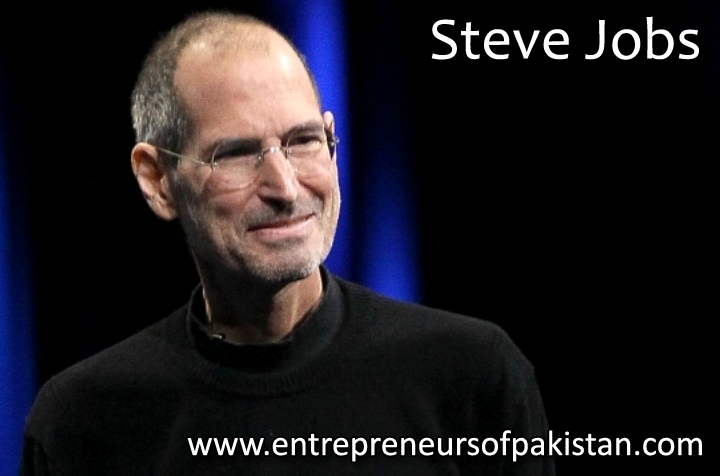Carl Celian Icahn, born on February 16, 1936, in Queens, New York, displayed an early entrepreneurial spirit. Raised in a middle-class family, Icahn’s journey from a young stock trader to a Wall Street legend began to unfold.
Educational Background and Early Ventures: Icahn attended Princeton University but left without completing his degree. His early ventures included operating a cab company and working on Wall Street as a stockbroker, where he honed his skills in financial analysis.
Founding Icahn Enterprises: In 1968, Icahn founded Icahn & Co., a securities firm that focused on risk arbitrage and options trading. Over the years, the firm evolved into Icahn Enterprises, a diversified holding company with investments in various industries.
Activist Investing and Corporate Battles: Icahn gained fame as an activist investor, acquiring significant stakes in underperforming companies and advocating for changes to enhance shareholder value. His battles with companies like TWA, RJR Nabisco, and Yahoo! became legendary on Wall Street.
Notable Investments and Successful Bets: Icahn’s investment portfolio includes successful bets on companies like Netflix, Apple, and Hertz. His ability to identify undervalued assets and influence corporate decisions has made him a force to be reckoned with in the financial world.
Philanthropy and Charitable Initiatives: While known for his aggressive investment style, Icahn has engaged in philanthropy. His charitable contributions have supported medical research, education, and community development, reflecting a commitment to giving back.
Public Persona and Financial Influence: Icahn’s public persona extends beyond the boardroom, with frequent appearances in the media and discussions on financial news networks. His influence in financial markets and his knack for navigating complex financial situations have contributed to his status as a Wall Street icon.
Legacy and Impact on Corporate Governance: Icahn’s legacy is marked by his impact on corporate governance, challenging the status quo and advocating for shareholder rights. His approach to activism has influenced the way investors engage with underperforming companies.





















